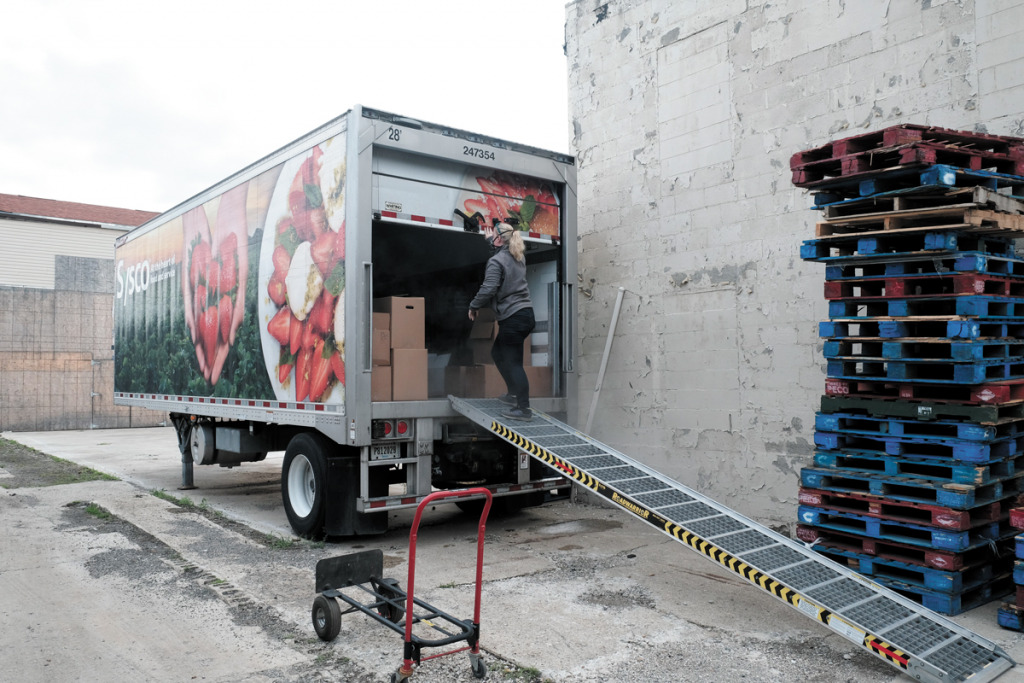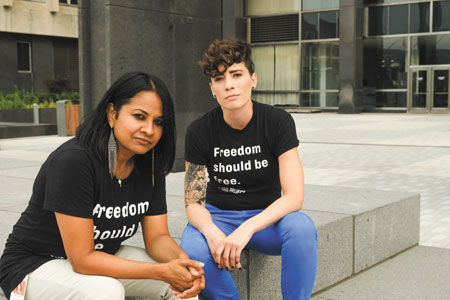
Indy refugee organization seeks private donations following federal funding uncertainty
Indianapolis-based Exodus Refugee Immigration Inc. has begun asking for financial support following a flurry of immigration-related changes President Donald Trump made last week through a series of executive orders.












